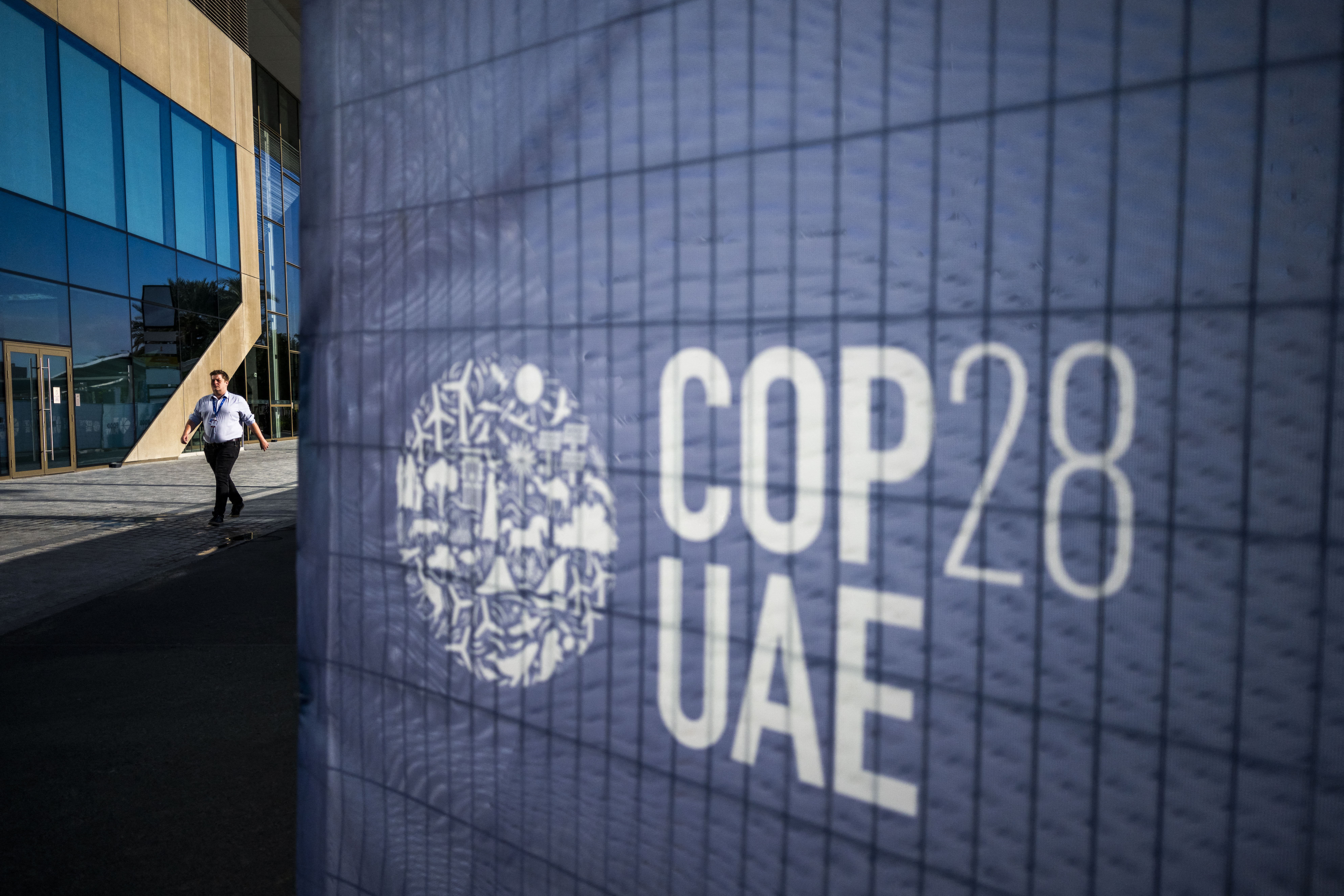COP28: Without a clear position, Belgium heads to 'most important climate summit since Paris 2015'

The United Nations Climate Change Conference begins today in Dubai, United Arab Emirates. Although Flemish Environment minister Zuhal Demir (N-VA) disagrees with the proposed Belgian position at the world conference, it remains to be seen whether the "most important climate summit since Paris 2015" will produce the necessary results.
In October, Demir already announced her refusal to participate in the 'climate puppet show'. On Wednesday, her cabinet also disagreed with Belgium's position at COP28. In particular, there's a debate about priorities, including the target of tripling renewable energy and doubling energy efficiency by 2030, De Standaard writes.
Nuclear energy
In the current text, Demir wants a reference to nuclear energy, despite an existing passage in the European position on "respect for each country's energy mix". She also wants to remove a passage stating that "Belgium, as a member of the EU, is bound by the European positions based on the Council conclusions for COP28" and continues to oppose the compromise reached at the last climate summit on a climate damage fund.
This isn't the first time that Demir has disagreed with the texts of Belgian climate diplomacy, which has been criticised. However, it's not Belgium negotiating in Dubai, but the European Union.
Meanwhile, many describe COP28 as the most important since Paris in 2015. This year, there will be a global stocktake, where countries will assess their progress towards the goals of the Paris Agreement on climate change.
It's already clear what the outcome of this process will be: a significant failure
"It's already clear what the outcome of this process will be: a significant failure," climate professor Joeri Rogelj of Imperial College in London tells VRT NWS. "We expect that in the next two years, countries will be asked to come up with sharper and better targets and to implement them," Rogelj says.
1.5-degree target
According to a recent UN report, we're heading for a warming of 2.5 to 2.9 degrees Celsius, much higher than the 1.5 degrees Celsius target. There's only a 14 per cent chance of meeting this goal. To do so, greenhouse gas emissions must be reduced by 45 per cent by 2030 compared to 2010.
While Western countries and the EU aim for a rapid reduction in emissions, countries such as China, India, and oil-producing nations aren't under the same pressure to move as quickly. The final statement will likely be the subject of much debate before it is on the table at the end of COP28.
#FlandersNewsService | © Jewel SAMAD / AFP
Related News
